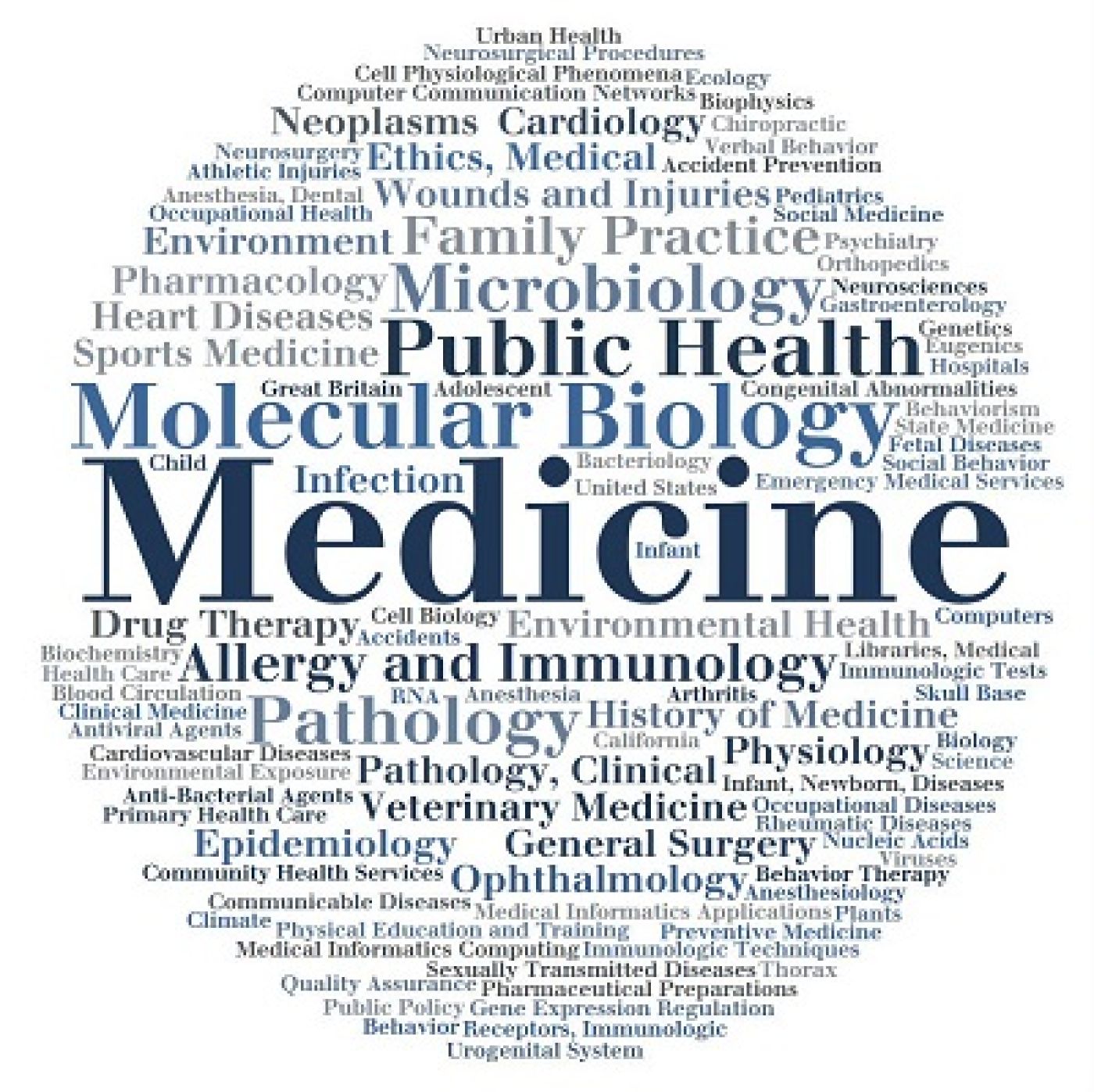Terminology

In the Veterinary world we use terminology that is familiar to us but sometimes when we explain conditions to clients and use these words they don’t fully understand. This is unintentional but they are words we constantly use in conversation and on our patient histories.
Some of the more common words may be:
- Halitosis: bad breath
- Pleural Effusion: is a condition in which excess fluid builds around the lungs
- Ambulatory: a patient able to walk about
- Emaciated: abnormally thin or weak, especially because of illness or a lack of food.
- Cruciate: ligaments of the knee
- Vestibular: relating to a vestibule, particularly that of the inner ear, or more generally to the sense of balance.
- Brachycephalic: dog breeds having a relatively broad, short skull e.g. Pugs, flat nosed/faced breeds
- Haematoma: a solid swelling of clotted blood within the tissues.
- Laparotomy: a surgical incision into the abdominal cavity
- Gestation: the period of developing inside the womb between conception and birth.
- Acute Renal Failure: A condition in which the kidneys suddenly can't filter waste from the blood.
- Toxicoses: a pathological condition caused by the action of a poison
- Debride: the removal of damaged tissue or foreign objects from a wound.
- Septic: a wound or a part of the body infected with bacteria.
- Cutaneous: relating to or affecting the skin.
- Enteritis: inflammation of the intestine, especially the small intestine, usually accompanied by diarrhoea
- Colostrum: the first secretion from the mammary glands after giving birth, rich in antibodies.



